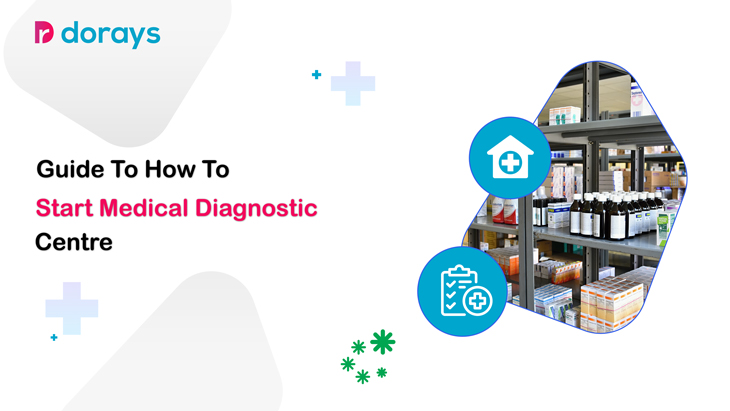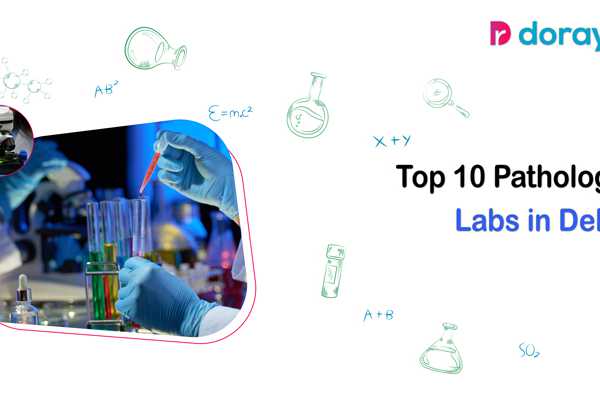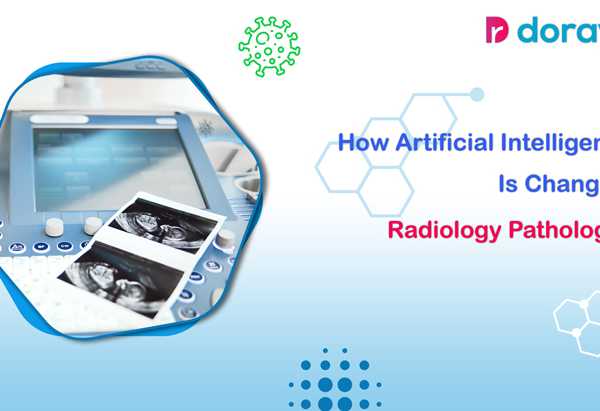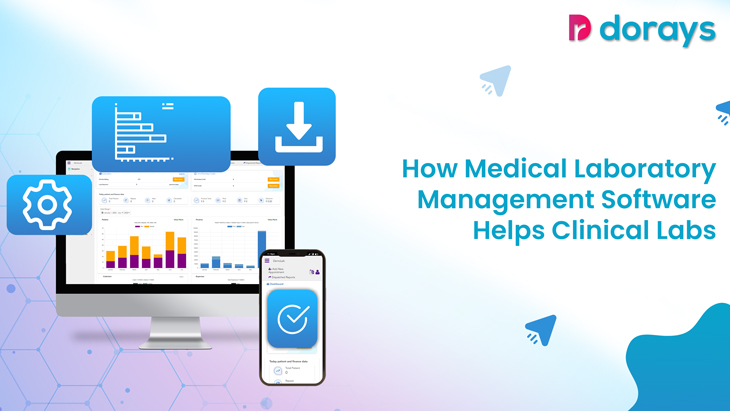Medical diagnostic centre : Due to the rapid commercialization of the medical field, the Pathology Lab or Diagnosis Centre market is one of the fastest-growing markets globally. Opening a Pathology Lab in India is a very lucrative option, given that the market is growing at a rate of nearly 20% and is currently worth around 4000 Cr. With more and more people getting access to good medical care, a diagnostic centre will always be in demand. But do you know the process of setting up a pathology lab? The process of setting up the lab is as follows:
1. Registration
The first step toward opening a Pathology Lab in India is to get a registration done with the government. It includes acquiring licenses and accreditations from the government, which can vary from place to place in India.
Since the safety of a human being is at stake, many rules and regulations have to be followed while setting up a Pathology lab. The Diagnostic Centre would require specific licenses to ensure that its reports are seen as valid and accepted by Hospitals and Doctors. Some of the Important licenses that need to be acquired are:
1. Good Clinical Practices (GCP) Accreditation
2. A trade license under the Shops and Establishments Act
3. Registration under the Clinical Establishment Act
4. Registration with the Biomedical Waste Disposal Body
5. A NOC from the Fire Department, Local Municipality Office, and Pollution Board
2. Location
The next thing to consider is the location. In the case of any business, location is one of the critical factors that determine the business’s profitability. The Pathology Lab should not be set up very far away from the Public eye. It should be located at a place where it is easily accessible to patients like pregnant women, aged people (e.g., On the ground floor)
Another thing to consider is that medical equipment also requires ample space and a relaxed environment for its proper functioning. So, the Location should be Air Conditioned and Hygienic.
3. Finances
A Diagnostic Centre requires ample capital for its proper functioning. The initial Setup cost will vary according to the services offered. However, a straightforward equation is that the more the investment, the higher the chance of patients coming to the Pathology Lab for a diagnosis.
Some of the costliest elements in the Diagnostic Centre Business are the medical equipment themselves. Apart from that, there is a requirement of Electricity, Water, Air Conditioning, maintenance, and above all, qualified technicians to do the work.
4. Medical Equipment
It is an essential part of a Pathology lab. There is a requirement for various medical equipment, starting from X-Ray Machines and CT Scan Machines to Blood Collection equipment. And apart from machinery, different chemicals need to be available for the technicians to do their jobs. The equipment required in the pathology lab are:
1. Incubator
2. Microscope
3. Centrifuge Machine
4. Colorimeters
5. Pipette
6. Reagents
5. Technicians
The staff working at the lab would make the most significant difference in how successful the business is. The team should be professionals and should be hired carefully. The staff should be adequately trained to handle all kinds of equipment and have the proper experience. Some of the minimum qualifications that are required are:
1. A biochemist and a microbiologist.
2. Lab Technicians with Diploma degrees or Bachelor’s in Medical lab Technology
3. The person should have a license in MBBS in pathology from the All-India Medical Council.
6. Software
Automation and computerization are essential when setting up a Pathology Lab, and it helps increase efficiency and keep everything organized. There are various modern software that helps in running a Diagnostic Centre. Some of them are:
1. ThinkWide: This is a fully automated laboratory solution that helps in the supervision of the business
2. DoraysLab: This is the best solution to Enterprise Resource Planning (ERP) and will help to maintain and share health records among technicians and doctors
3. ThinkLab: This is the most widely used software. It keeps track of records, scheduling, and appointments. It helps to manage prescription and billing, inventory, analytics, etc.




Leave a Comment